Alberta MOU still a ‘good deal’ say Liberal MPs, despite loss of ‘star factor’ in Quebec with Guilbeault’s resignation
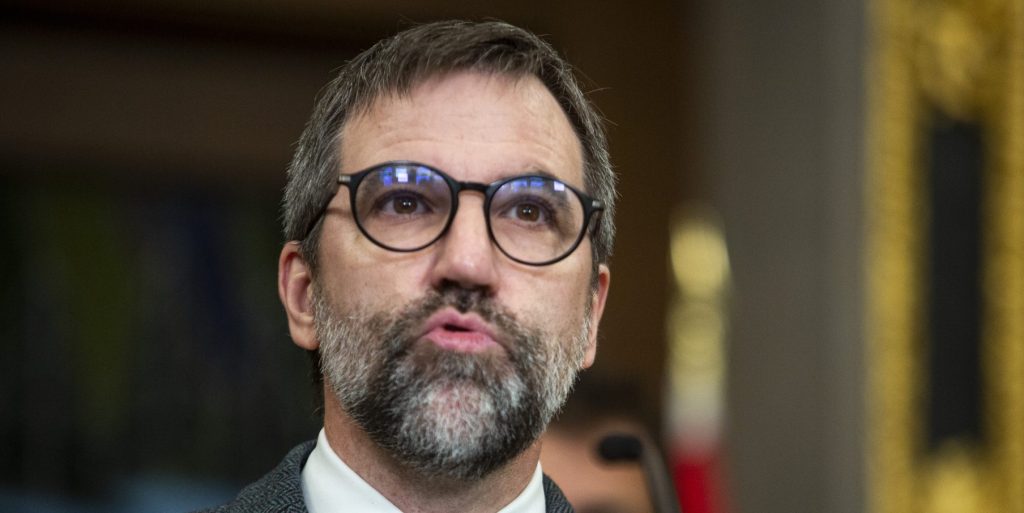
Green Leader Elizabeth May says the Liberals’ situation in Quebec ‘is very much changed’ by the departure of longtime environmentalist and cabinet minister Steven Guilbeault.
Energy deal fallout: B.C. First Nations won’t rule out fighting pipeline proposal in court
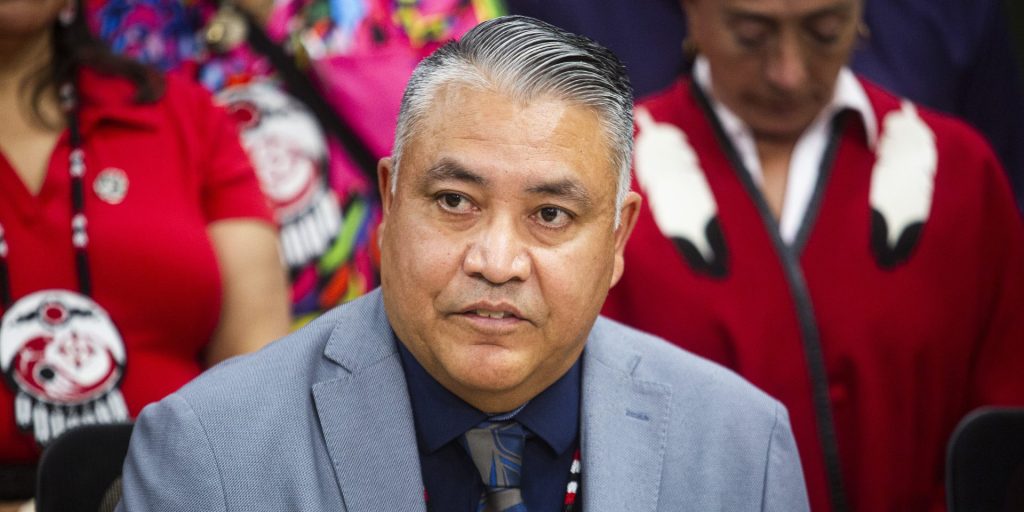
Economic benefits are no substitute for free, prior, and informed consent, said Terry Teegee, regional chief of the British Columbia Assembly of First Nations.
‘Disappointing but not surprising’: PBO forecasts Canada to fall short of 2030 emissions target
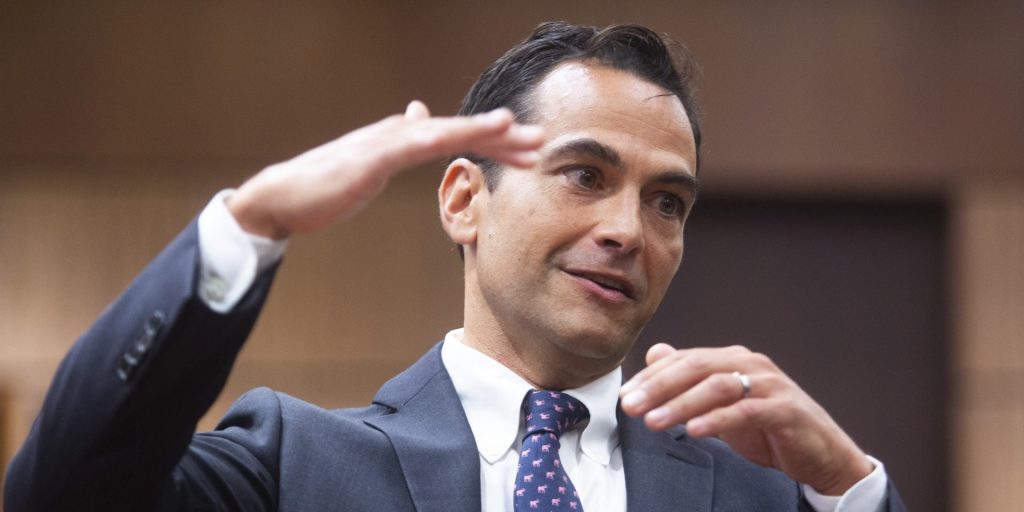
The Canadian Climate Institute is calling the budget watchdog’s analysis ‘optimistic,’ and projects Canada will miss the target by a greater margin.
Driving change: how investing in youth and transportation can power a greener future
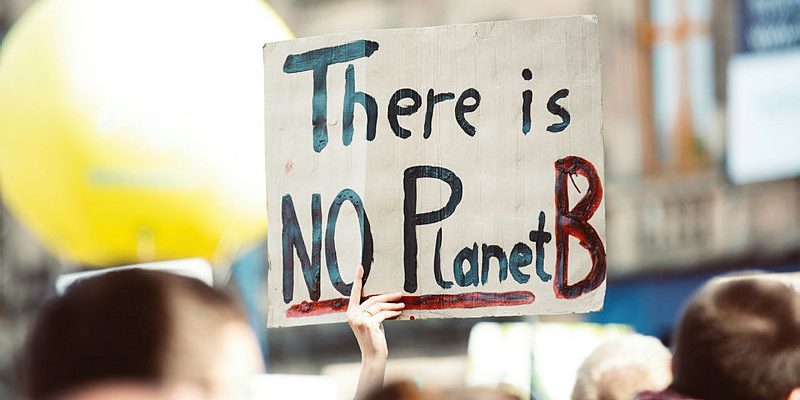
By connecting the dots between youth employment, transportation innovation, and climate action, we can design policies that deliver a more resilient, inclusive economy.
Ottawa plans to modernize the Energy Efficiency Act. Here’s how to do it right
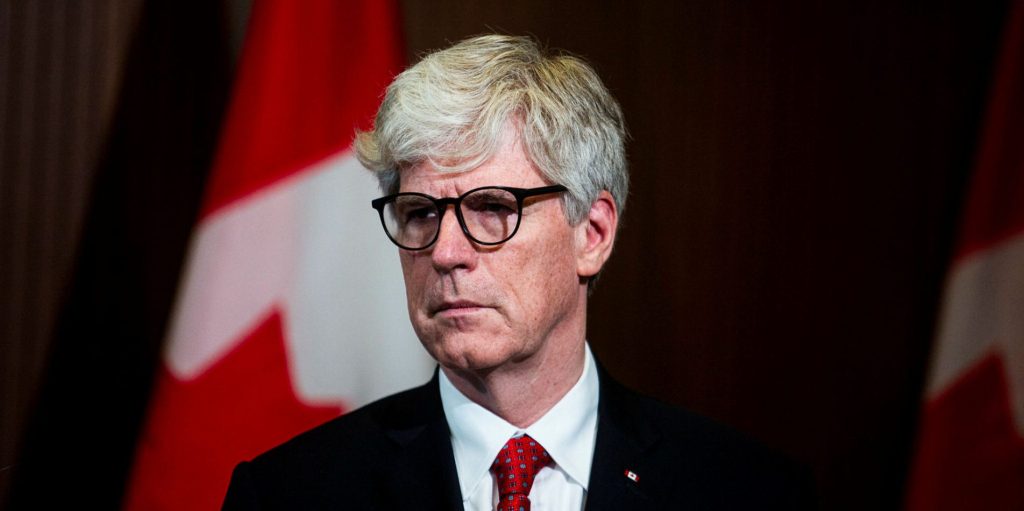
To reduce energy bills and reach net-zero emissions, Canada’s update to the legislation must strengthen standards and broaden its scope.
There is no bargain in a north coast oil pipeline, only snake oil
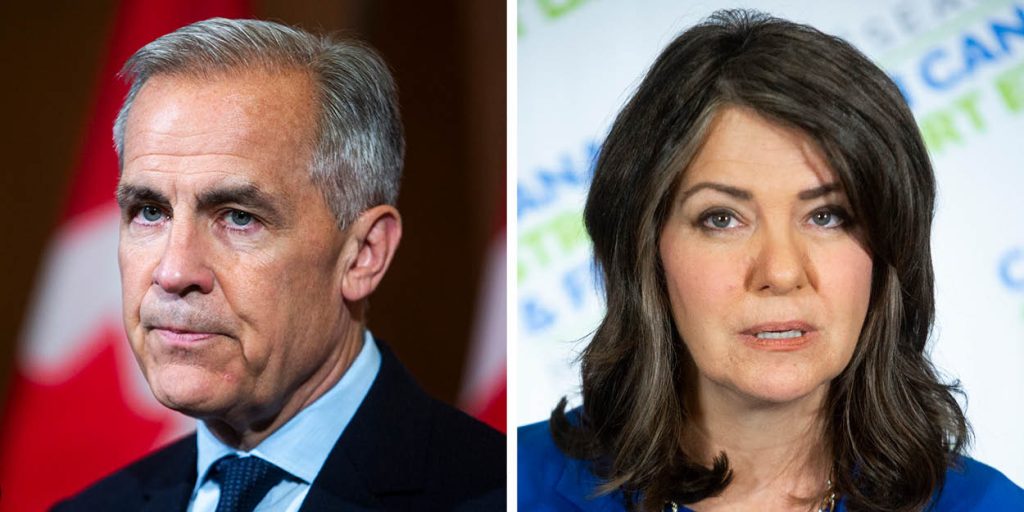
Sacrificing B.C.’s coastal economy, ecosystems, and communities, and First Nations territories is not nation-building.
Canada’s G7 leadership: the ambition is there, but is the budget?

Instead of acknowledging the moral imperative of reducing global inequality, the government has chosen to further cut an already paltry foreign aid budget by $2.7-billion over the next four years.
The federal 2 Billion Trees program has been cut, what’s next?

As is, the government’s ‘investment budget’ leaves a nature deficit, which chips away at the foundation of a strong Canada. We must repair the harms caused by our collective actions. Happily, nature’s regenerative arc compounds investments.
NDP environment critic pans Carney’s commitment to Paris targets, but May says she has ‘confidence’ feds will soon release climate policy
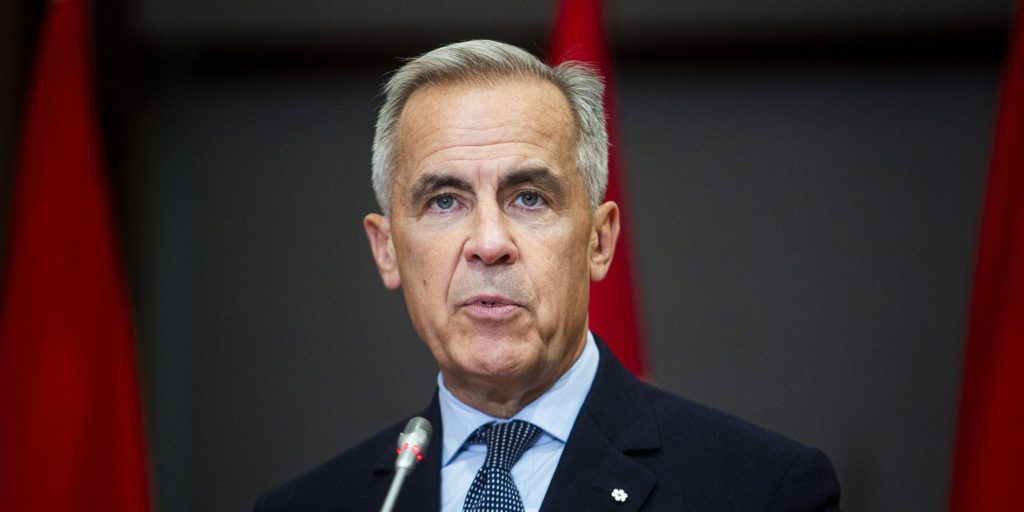
Prime Minister Mark Carney’s commitment to meeting Canada’s Paris Agreement targets comes only days after the second round of projects being referred to the Major Projects Office was announced, one of which is an LNG project.
Iran: drought, incompetence, and maybe revolution
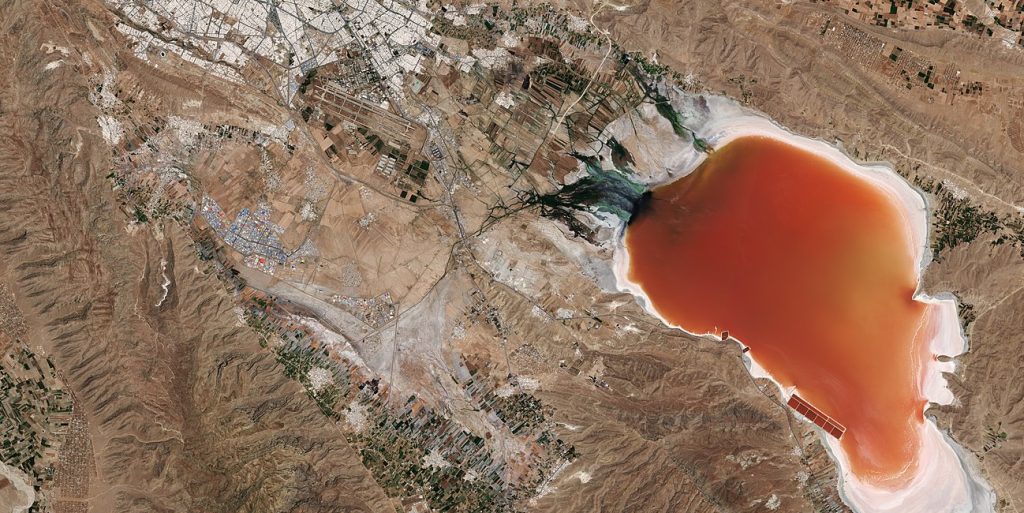
A prolonged drought in Iran might accomplish what other challenges failed to do: destroy the rule of the religious extremists who seized power in 1979 and have turned the country into an international pariah.

